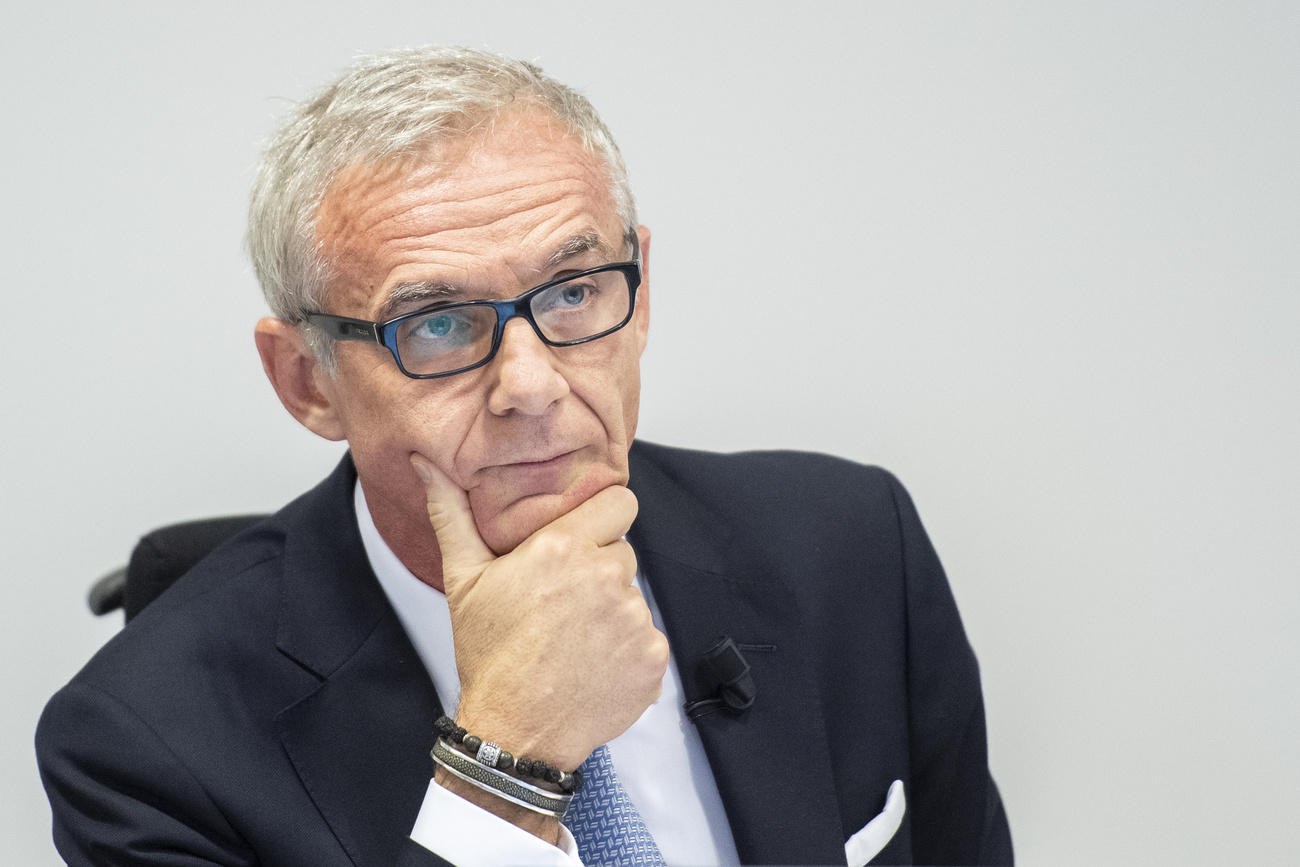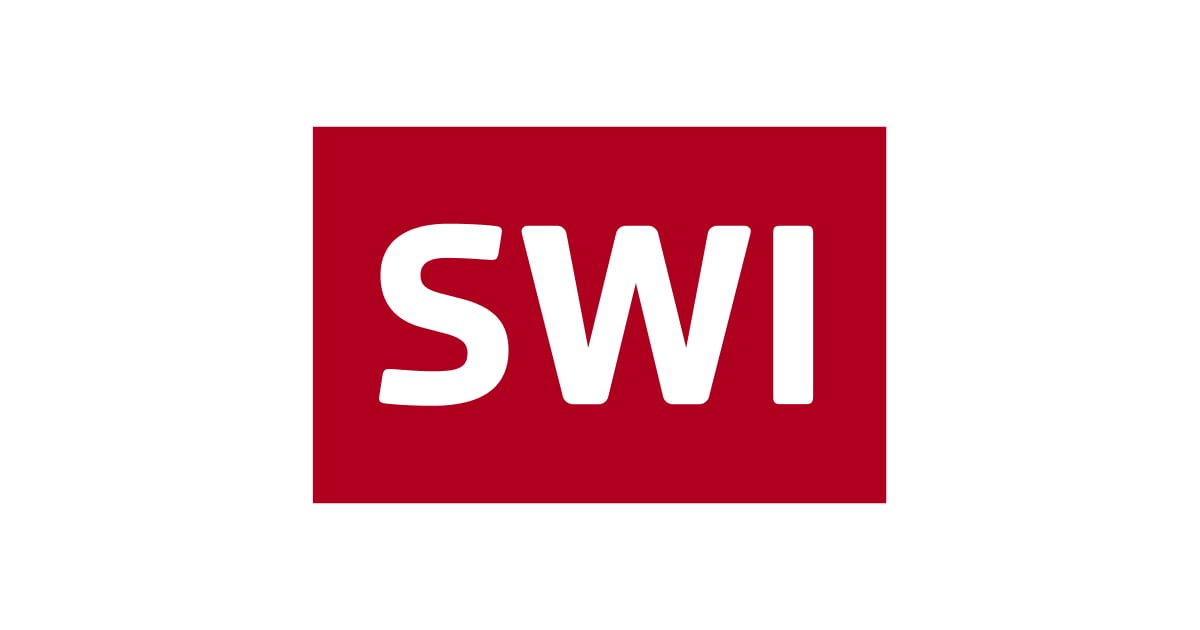Credit Suisse scandal shakes Zurich’s elite

At the opening gala of the Zurich Film Festival a week ago, over champagne served to the city’s social elite, the small talk centred not on the dramas of the big screen but a much more local affair: the corporate spying tale at Credit Suisse.
It was just a short distance from the festival’s venue on Bellevueplatz, that, days earlier, Iqbal Khan, a young, unashamedly ambitious former executive at the bank, had spotted a man trailing him.
The confrontation that followed on a quiet, manicured street just behind the polished facades of the Bahnhofstrasse set in motion two of the most tumultuous weeks of the past decade in Swiss finance. Mr Khan’s shadow, it emerged, was an agent hired by Credit Suisse.

It has been an intangible crisis: no clients have lost capital; no money has been laundered; no assets have been riskily rehypothecated.
But what should have been a mere embarrassment for Switzerland’s second-largest — and arguably most revered — bank has ended up as something far more significant thanks to the particular strains in the insular, but still globally powerful, world of Zurich’s great counting houses that it has laid bare.
“The past few years have been a tense time in Swiss banking,” said James Breiding, founder of Naissance Capital, an investment boutique, and author of the book Swiss Made. A global crackdown on tax havens and the great shift in economic gravity towards Asia had hit Swiss banking hard, noted Mr Breiding, leaving institutions such as Credit Suisse struggling to define what makes them unique.
It is more than a matter of corporate branding. “Credit Suisse has historically had a halo in Switzerland, it was the bastion of the Zurich establishment, founded by a very famous Swiss entrepreneur, Alfred Escher,” Mr Breiding said. “The Swiss are not big on heroes but if you go to the main train station in Zurich, there’s a big statue of him.”
Mr Khan, 43, spectacularly fell out with chief executive Tidjane Thiam, 57, in a professional dispute, driven by ambition, ego and insecurity, that spilled into their private lives. Mr Khan quit in June and, shortly after, announced his pending appointment at Credit Suisse’s great rival, UBS. Credit Suisse, fearful that the young rainmaker would take clients and colleagues with him, ordered his surveillance. In the furore which followed that chain of events becoming public, the contractor who acted as a middle man between Credit Suisse and a private investigation firm took his own life.
For many outside of Switzerland, including Credit Suisse’s most powerful shareholders, the crisis has bordered on the absurd.
“Most people outside of this little European centricity don’t really care or have a strong opinion on this,” said David Herro, vice-chairman of Harris Associates. “This is ground-zero Zurich with some echoes in Europe. But we have got to put this into perspective.” The Chicago-based Mr Herro was forced to fly into Zurich to hold crisis talks with Credit Suisse’s board and emphasise his backing for Mr Thiam.
Yet it is in the lurid — if trivial — detail that the key to the real outrage in Switzerland lies. If the historic essence of Swiss banking was professional discretion and restraint, married to the promise of holding others’ privacy as sacrosanct, then it is hard to think of a scandal more carefully calibrated to upset: a tale of ambition and ego, unseemly public feuding, and potentially unlawful intrusive surveillance.
“You could say of course that Credit Suisse has been guilty of far worse things,” said Mark Pieth, professor of governance at the Basel university. “But Switzerland is a very weird place. We like to consider Credit Suisse as our crown jewel and we say ‘that means you have to behave please’. But what that means really is behave here, not necessarily abroad. Given what happened, I am astonished there has not been more of a stink.”
Much of the public anger, Mr Pieth notes, is about Mr Thiam and what he is perceived to represent.
Since he was hired in 2015, Mr Thiam’s bold strategy to shake up Credit Suisse has impressed many bankers elsewhere in the world but it has been seen in Switzerland, and in Zurich, as an outsider trying to dismantle much of what gave the bank its distinctive character.
Racism was also a factor, said Mr Pieth. Brady Dougan, Mr Thiam’s predecessor, did not live in Switzerland and spoke none of the country’s official languages (Mr Thiam, an Ivorian, speaks French), yet was never so pointedly criticised for being an outsider.
Besides the weight of history, there were other reasons for an air of subversion at the Zurich Film festival. Credit Suisse funds the event. Former model Nadja Schildknecht, the festival’s creator and host, is the partner of chairman, Urs Rohner. Mr Khan, thanks to his role at Credit Suisse as the bank’s chief sherpa to the ultra-wealthy, was well-known to almost everyone from the banking world there.
“It was pretty clear from that evening that this whole scandal has become a real cross-society story, not just a financial one,” said one prominent guest — a former banker and now powerful Swiss businessman.
“And for the Swiss, it won’t go away I don’t think. This sentiment about the bank and its leadership is here to stay. It has triggered too many issues.”
Copyright The Financial Times Limited 2019

More
Credit Suisse braced for ‘spygate’ reputational fallout

In compliance with the JTI standards
More: SWI swissinfo.ch certified by the Journalism Trust Initiative












You can find an overview of ongoing debates with our journalists here . Please join us!
If you want to start a conversation about a topic raised in this article or want to report factual errors, email us at english@swissinfo.ch.